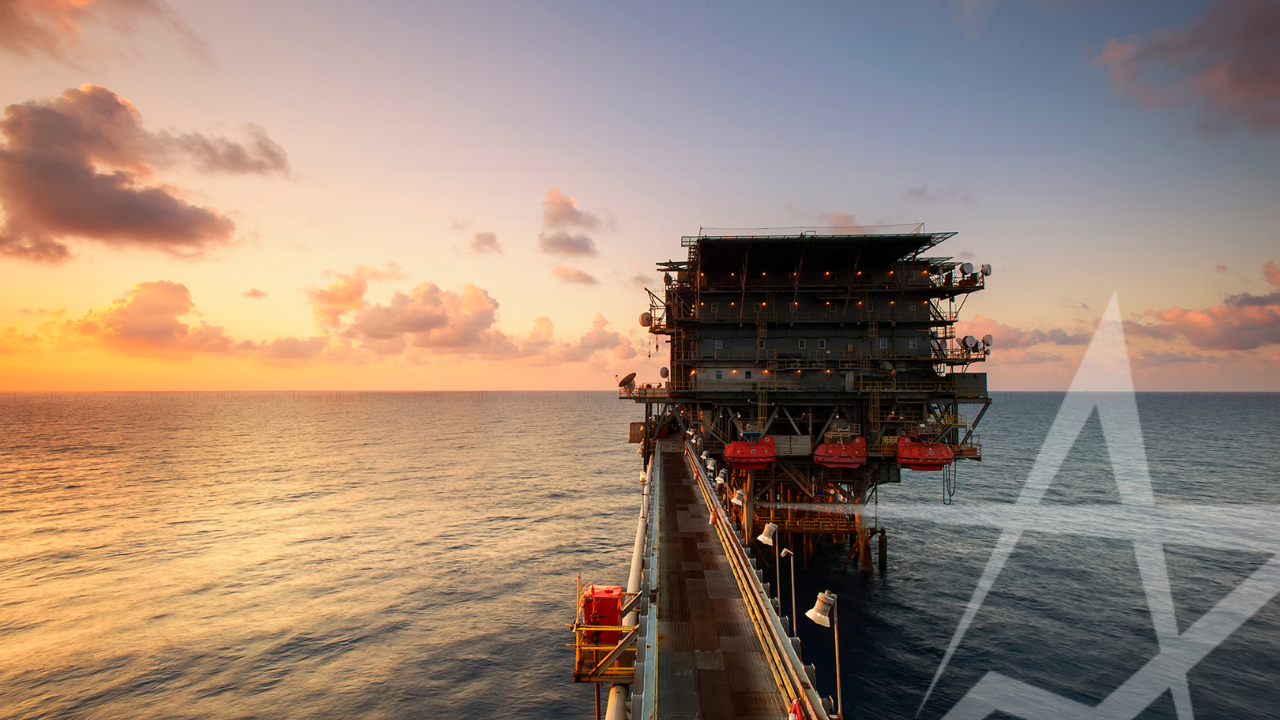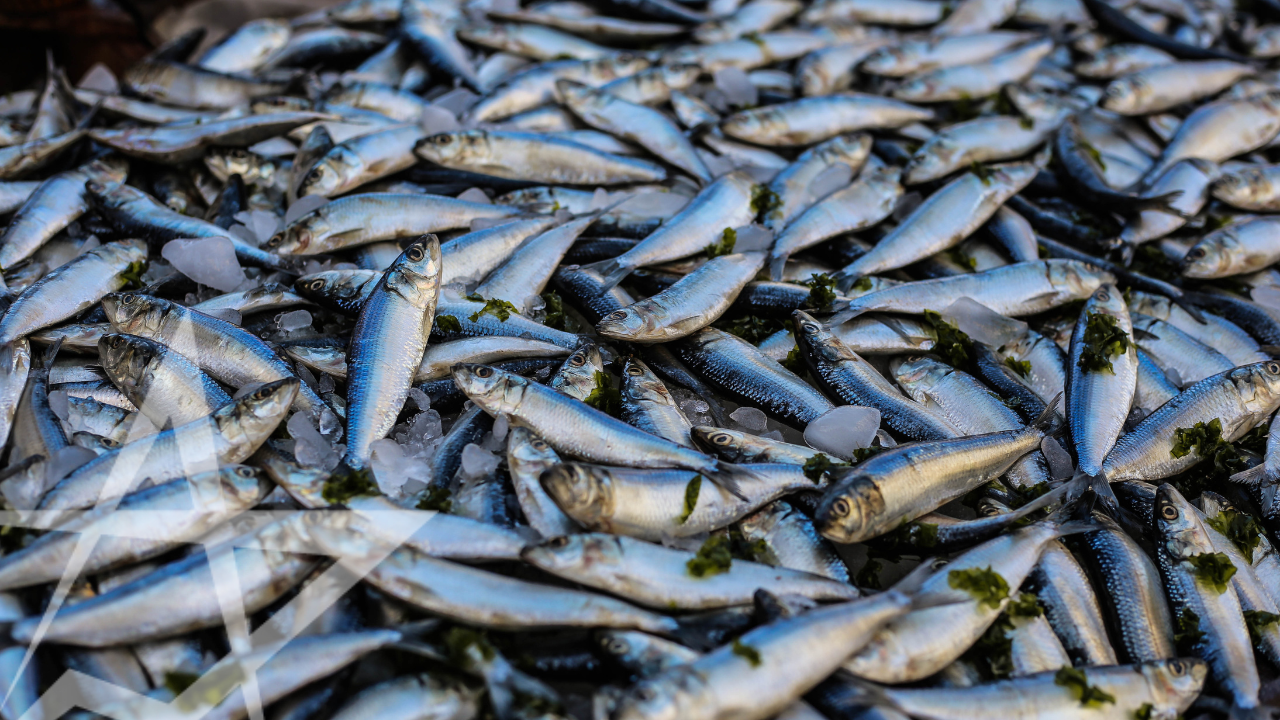According to the Food and Agriculture Organization (FAO), approximately 58.5 million people are engaged in primary fish production.
Fishermen play a crucial role, courageously navigating the oceans to secure their catch. They work in some of the most challenging conditions on Earth, facing unpredictable weather and the constant strain on their vessels. Modern fishing boats are highly specialized, designed with advanced engineering to withstand the harsh marine environment while optimizing efficiency and reducing environmental impact.
Marine engineering consulting services play a crucial role in ensuring the safety, efficiency, and sustainability of these operations.

Marine engineering consulting significantly benefits fishermen by enhancing their operations in several key ways:
- Optimizing Vessel Design: Consultants help design fishing vessels that are more fuel-efficient, stable, and tailored to specific fishing activities, leading to reduced operational costs and improved catch efficiency
- Ensuring Regulatory Compliance: They ensure that fishing vessels meet national and international safety and environmental regulations, helping fishermen avoid fines and legal issues
- Implementing Advanced Technologies: Marine consultants introduce advanced technologies such as GPS, sonar, and automated systems, which improve navigation, fish detection, and overall operational efficiency
- Promoting Sustainability: Consultants advise on sustainable fishing practices and eco-friendly equipment, helping to preserve marine ecosystems and ensure the long-term viability of fish stocks
- Providing Training and Education: They offer training on best practices, safety procedures, and the use of new technologies, enhancing safety and productivity for fishermen
- Maintenance and Repairs: Marine consultants provide expertise in maintaining and repairing fishing vessels, ensuring they remain in good working condition and reducing downtime
The dependability and effectiveness of their boats determine the success of fishermen. For fishermen, marine engineering consulting is a lifeline, offering the knowledge and tools required to overcome obstacles and prosper in a cutthroat field. Fishermen can guarantee safer, more sustainable, and more lucrative operations by investing in maritime engineering solutions.




